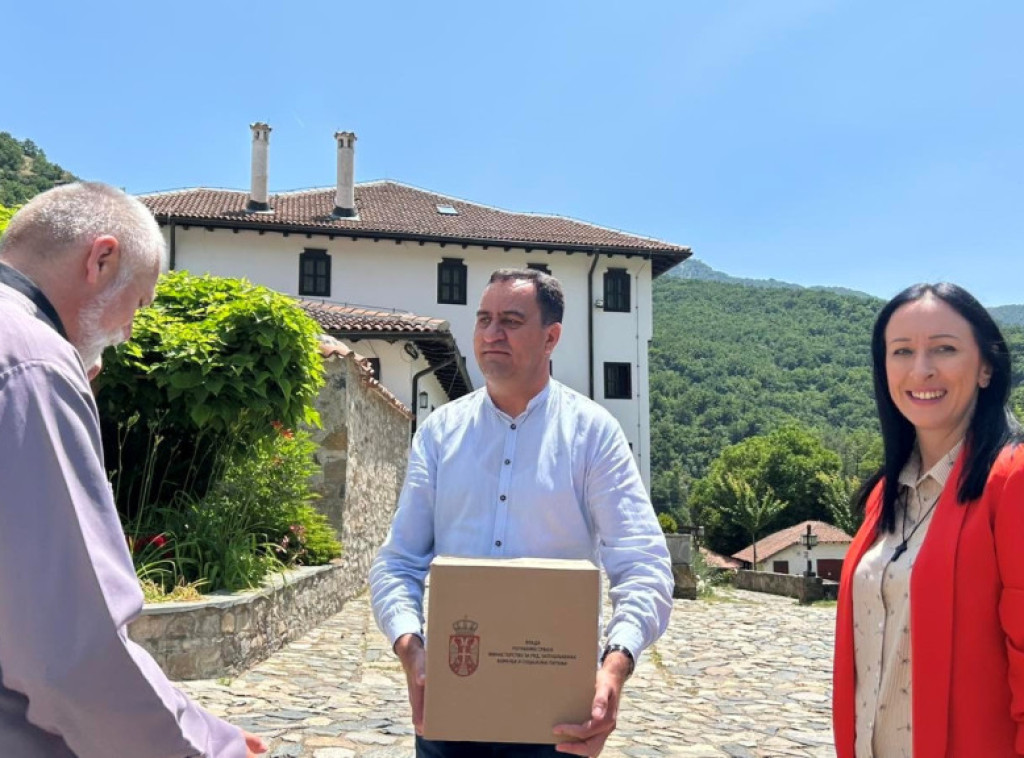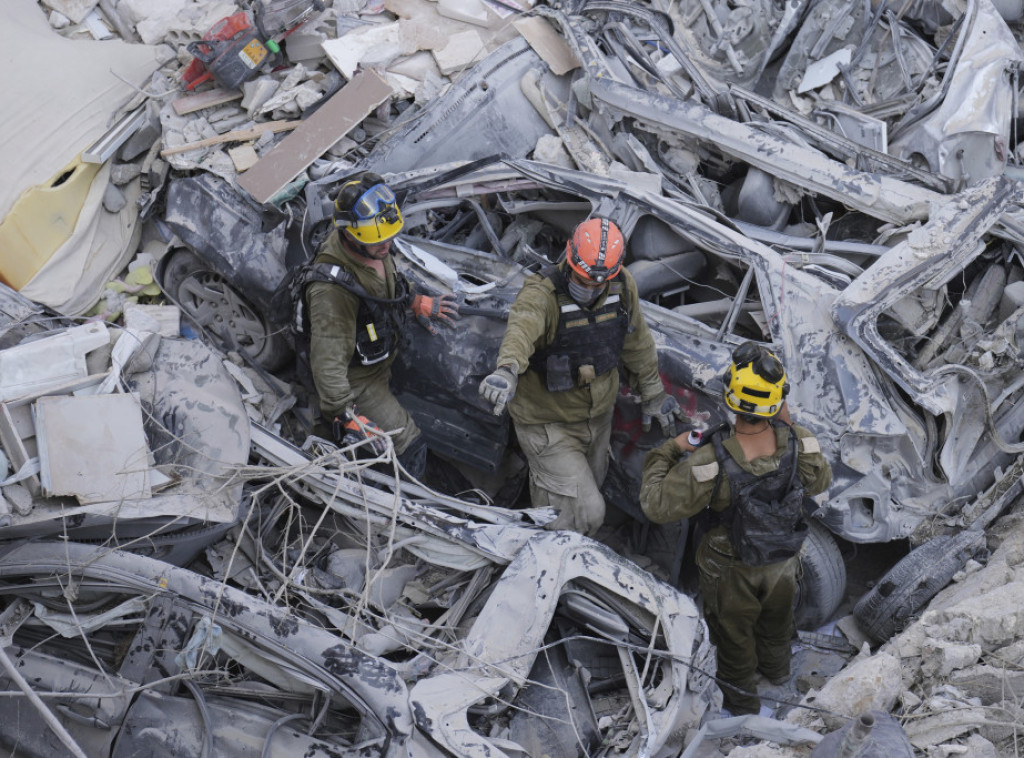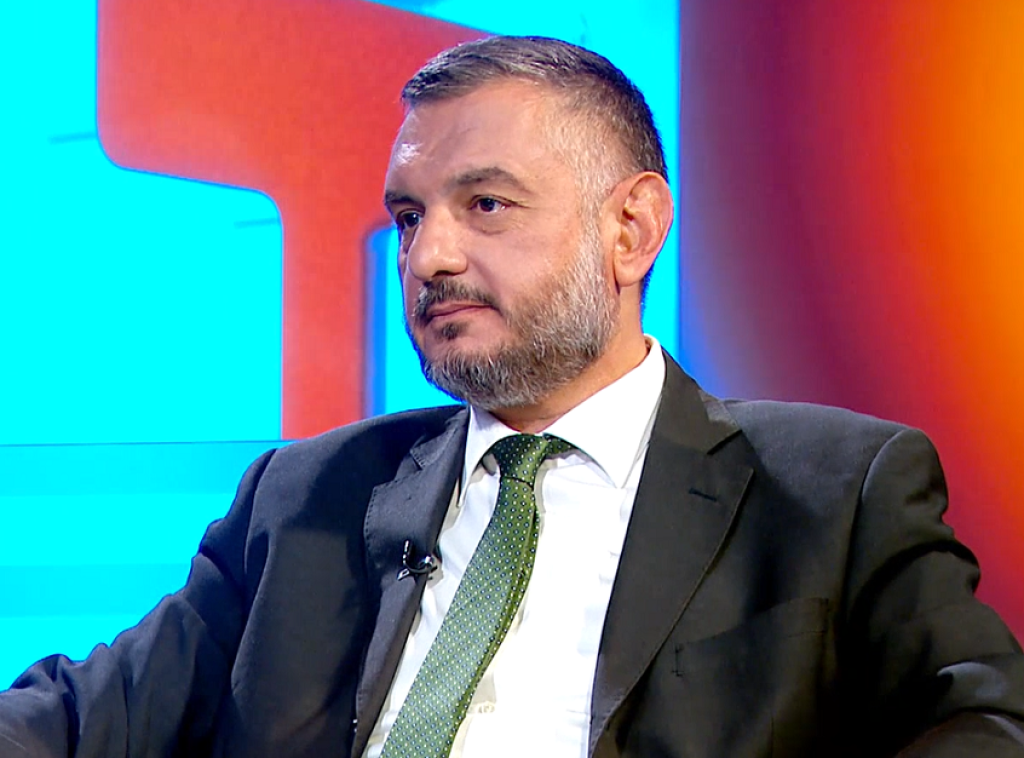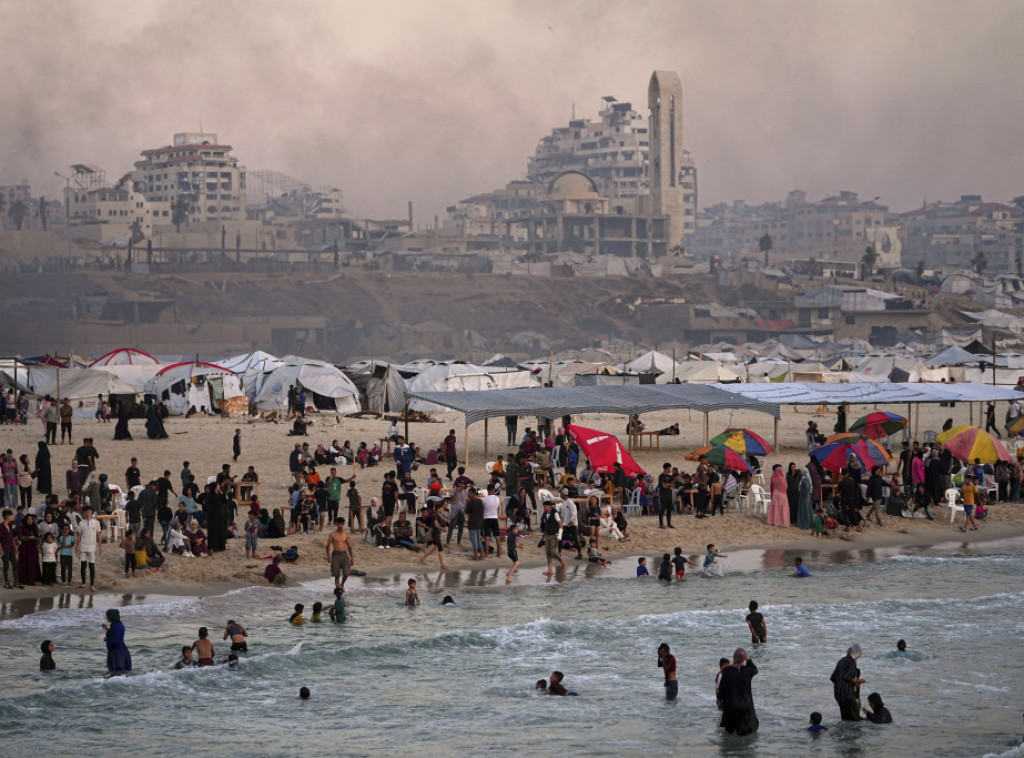Oil prices have risen at the fastest pace in the last three years, reaching $78.50 per barrel of Brent crude oil, due to escalating conflict between Israel and Iran in the Middle East. JP Morgan warns of a 17% chance of a global oil crisis. Iranian attacks on Israeli nuclear facilities and fears of a blockade of the Strait of Hormuz, through which a significant portion of global oil and gas trade passes, have caused market panic. European gas prices have also increased. Investors are moving towards safe havens, while analysts warn of possible further oil price increases. This situation further complicates the global economy, which is already affected by the war in Ukraine and trade tensions.
Political Perspectives:
Left: Left-leaning sources emphasize the geopolitical tensions and the human cost of the conflict between Israel and Iran, highlighting the risks of escalation and the impact on global markets and ordinary people. They often critique the role of Western powers in exacerbating the conflict and stress the need for diplomatic solutions to avoid further economic and humanitarian crises.
Center: Centrist sources focus on the factual reporting of the oil price increases and the economic implications of the Middle East tensions. They provide balanced coverage of the conflict’s impact on global energy markets, supply chain disruptions, and inflationary pressures, while also noting the responses of financial institutions and governments to stabilize markets.
Right: Right-leaning sources tend to highlight the security threats posed by Iran’s nuclear ambitions and aggressive actions, supporting Israel’s right to defend itself. They emphasize the strategic importance of the Strait of Hormuz and criticize Iran’s provocations as destabilizing global energy supplies. Economic impacts are often framed in the context of national security and the need for strong defense policies.





























































